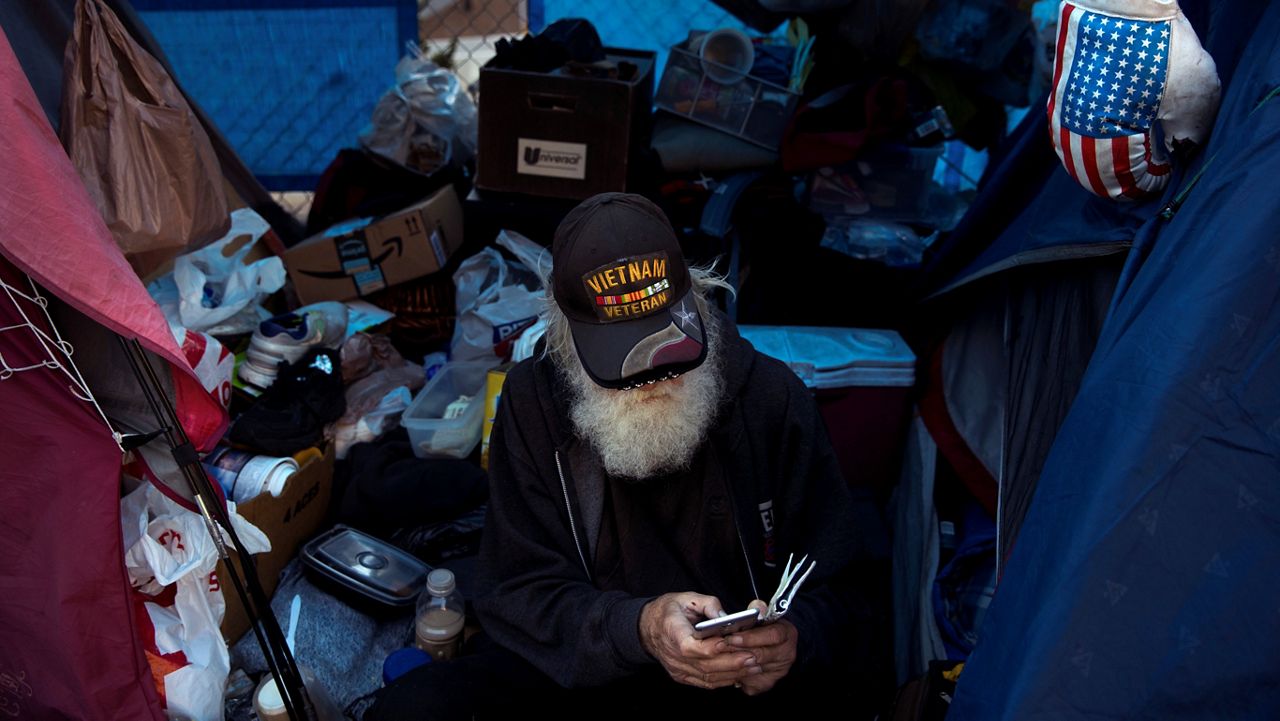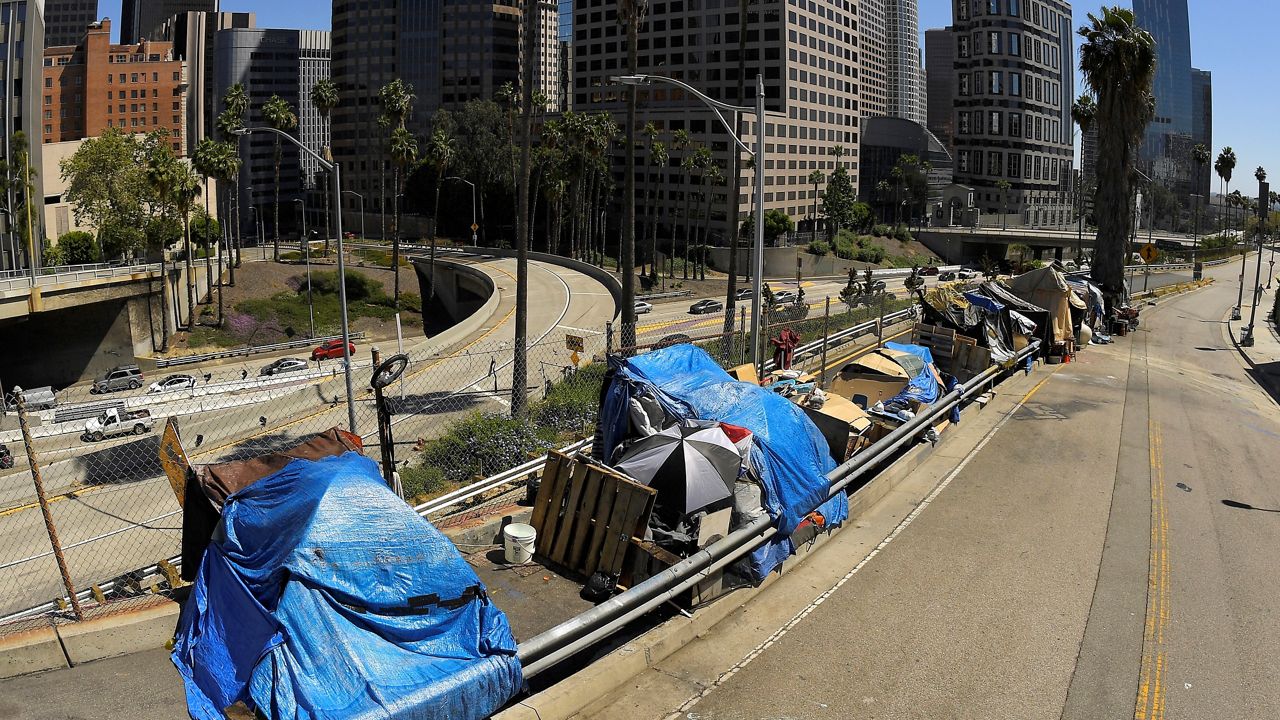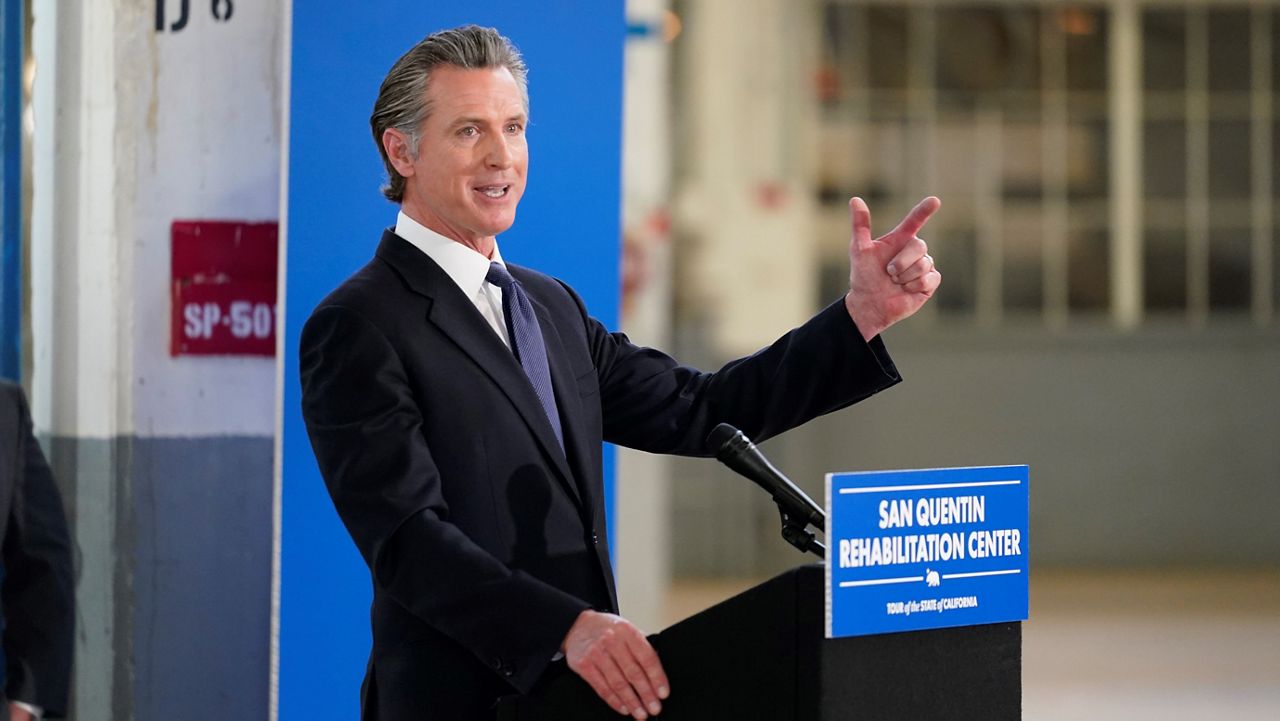When it comes to representing Latinx people on screen, few have contributed as much as actor, director, and producer Edward James Olmos.
Born and raised in East Los Angeles, Olmos is possibly best known for his role as high school math teacher Jaime Escalante in the film Stand and Deliver, which is based on a true story.
He said the film had a huge impact on Latinos who lived in the United States.
When Olmos recently paid a visit to our studios, he shared his thoughts on the impact of this film when it came out in the late 1980s.
“We really didn’t have a film industry or a television industry that really personified storytelling through the viewpoint of the Latino culture and it took an awful lot for us to get to that level,” he said.
“What the story of Jaime Escalante did was unleashed an incredible amount of understanding of what kids in inner cities could do when they had someone like an Escalante teaching them. The words resonated so purely out of that show when he said, ‘children will rise to the level of expectation.’ That is so important to understand.”
During his career in entertainment, the award-winning actor has been particular about the roles he accepts. He said early on in his career he was committed to taking roles that were strong and positive but that changed over time.
“The [roles in] Narcos and Mayans MC are at the end of my career – I did these when I was in my late 60s, early 70s, and we had put out there, by that time, major pieces of work like Mi Familia, Selena, American Me, Zoot Suit, The Ballad of Gregorio Cortez [and] Stand and Deliver. All those films had already been out there, so I could play, then, a character within a very dark story that would allows itself to breathe and allows myself to build character. But the characters that I’ve made have always had something really strong about them in respects of allowing their emotions to be seen,” he said.
He has turned down roles in Scarface and Red Dawn in part because of the violence and how minorities are portrayed.
“I could have been very famous and I could have been very rich had I done what the industry wanted me to do,” he said.“I could have been very famous and I could have been very rich had I done what the industry wanted me to do,” he said.
He said he will never forget how difficult those decisions were. Those choices resulted in losing agents and potential roles.
“People would say, ‘No, he won’t do that,’ and they wouldn’t even ask me anymore and they’d somebody else to do whatever role they needed,” he said.
In doing so, he kept his sense of balance and a sense of understanding of what he was trying to do in his life, even though it hasn’t been commercially viable.
“So, therefore, I sit here, not like a Denzel Washington or a Morgan Freeman. I sit here as an Edward James Olmos who makes Latino films. And I’m proud of it,” said the actor.
Despite his success, Olmos said there are still barriers that remain with Latino representation in Hollywood.
“The strongest barrier that we have is commercial. It’s money,” he said. “Even though, it’s interesting, because when we made La Bamba and it was a beautiful story and it was great and it was successful. It made millions and millions and millions of dollars. But they said, well that’s because it was Ritchie Valens’ story and that’s just that one. They didn’t try to make more La Bamba’s. They didn’t try to make more Latino films when that one came out and made money like they did with the African-American exploitation of their films in [the 1970s] when Shaft and all these kinds of movies came out. The Caucasian producers started to make films about African-Americans – but exploitive. They tried to exploit us a couple of times but they weren’t able to so they didn’t make any money at it, so they quit it.”
He has tried to break those barriers himself with the creation of the Los Angeles International Film Festival in 1997. He has also developed the Latino Film Institute, the Youth Cinema Project the Latino Book and Family Festival and Latino Public Broadcasting.
Although, there is still one project Olmos would like to work on – the story of Vietnam War soldier and Medal of Honor recipient Roy Benavidez, who personally asked Olmos to make a film about his life.
“It’s a very difficult story to make because, first of all it’s about the Vietnam War, second of all it’s about a Latino, and third of all, most importantly, it’s very expensive, so they don’t want to invest in this movie,” he said. “But this movie would probably make more money than any Latino film that’s ever been made in the history of film.”
Let Inside the Issues know your thoughts and watch Monday through Friday at 8 and 11 p.m. on Spectrum News 1.











